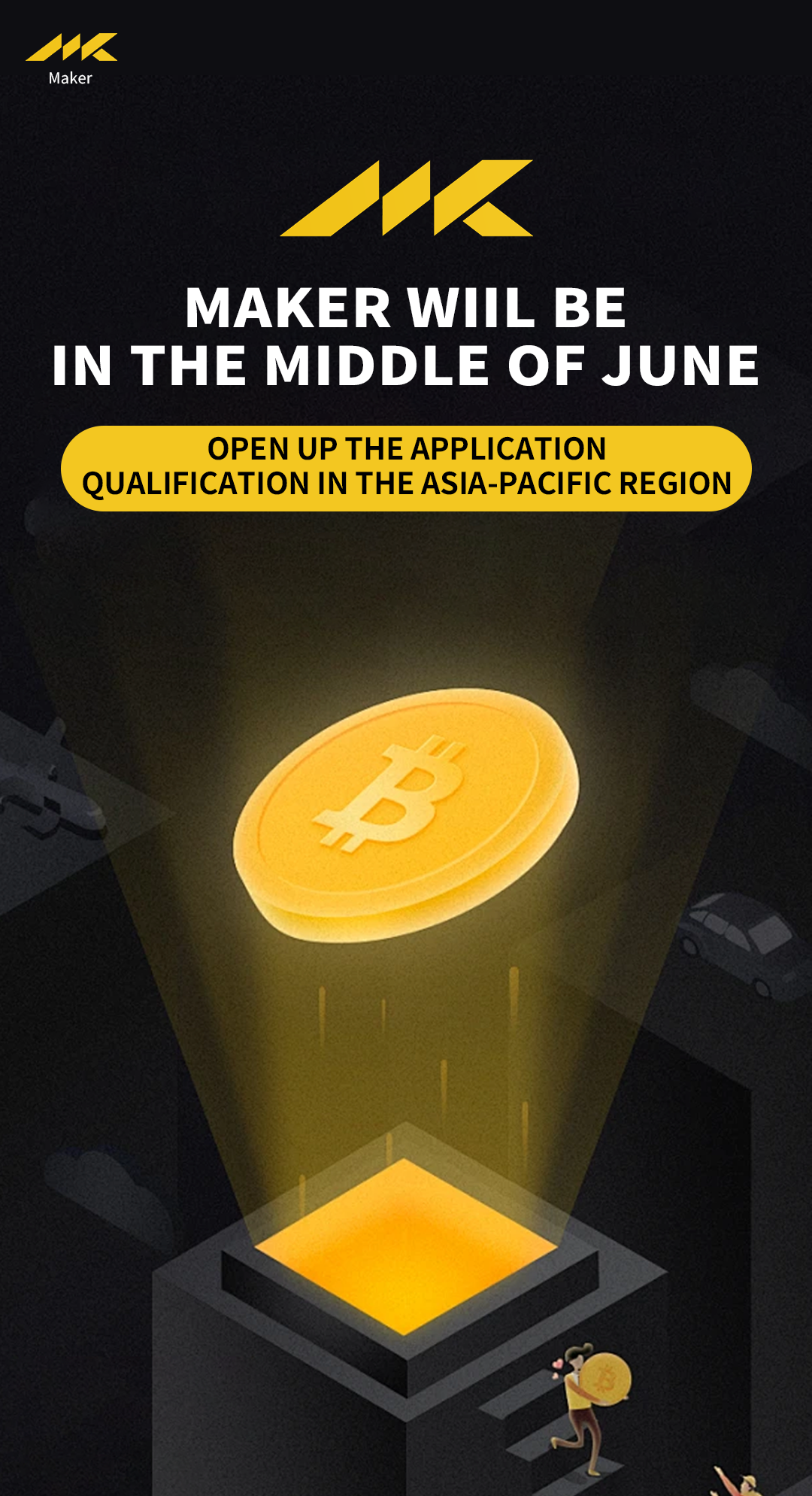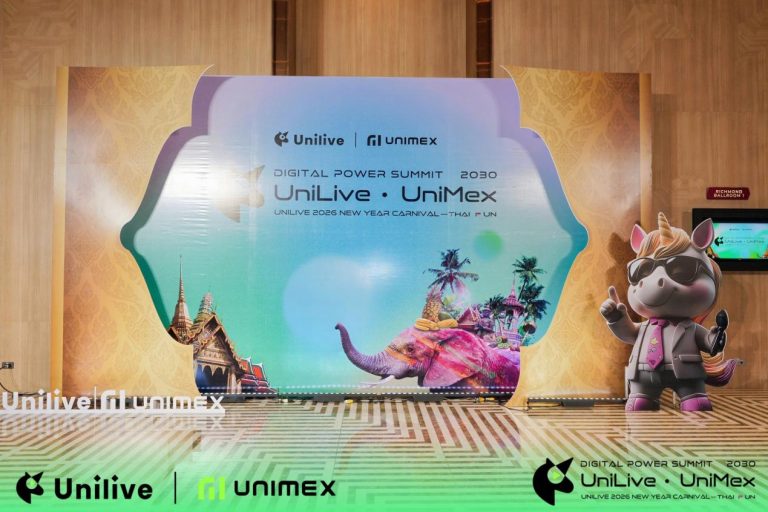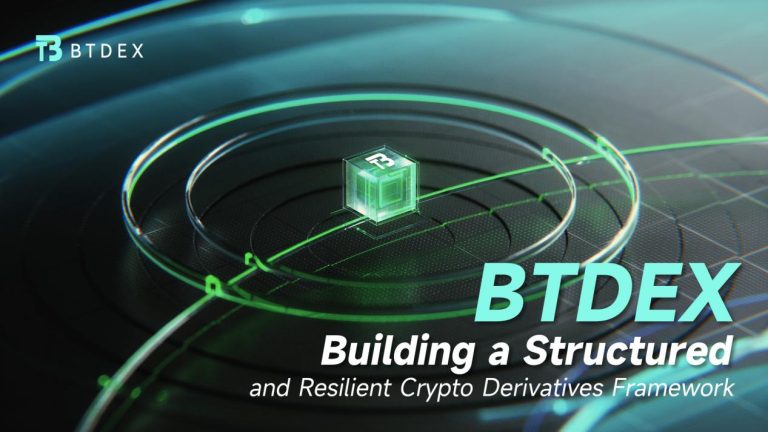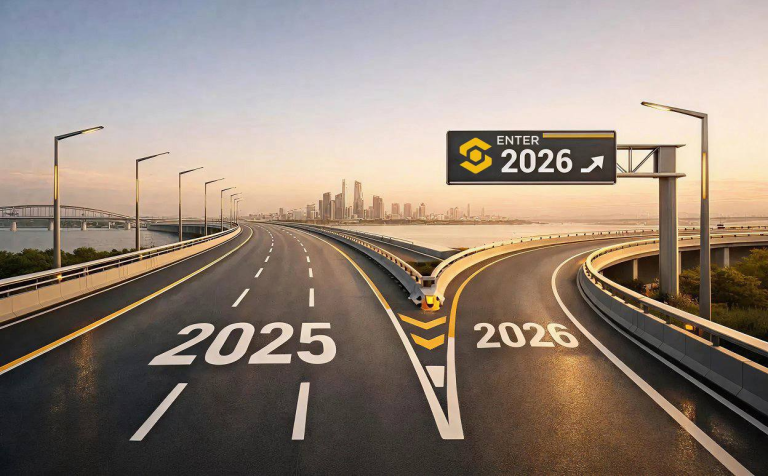Pushed by Sudan’s hyperinflation (380% CPI by 2023), Maker Exchange has entered into a “dynamic sandbox” agreement with the central bank to synchronize on-chain AML reporting for every $100,000 in transactions processed. This regulatory-technology symbiosis model enabled it to process $230 million in Sudanese pound (SDG) exchanges in the first quarter, with a suspicious transaction rate of only 0.17%, which became the key basis for Lithuania’s issuance of a VASP license.

European springboard, Asia-Pacific ambitions
The Lithuanian license is not only an entry ticket to the EU market, but also paves the way for Asia-Pacific expansion. Hong Kong SFC’s new regulation clearly “recognizes EU equivalent licenses”, Maker Exchange takes this opportunity to accelerate the layout:
1. June 25: open Indonesia, Philippines, Vietnam user registration
2. Q3: Access to IDR/PHP cash exchange outlets
3. Compliance reuse: replicating Sudan’s “tripartite joint freezing” mechanism (co-signed by Sudan, Lithuania, and the target market regulator) to Southeast Asia
Compliance breakout in the geopolitical game “:
Real-time screening of the UN sanctions list
Chain tracking of coin mixer associated addresses (integration of Chainalysis data)
High-risk transactions require joint approval by multinational regulators
This system has become a selling point for institutions, attracting more than 20 Singaporean capital management companies. Early Access Testing.
Crypto Alliance for Southern Countries
“The June opening is not about geographic expansion, but building a ‘fiat currency crisis response network’.” CEO Ahmed Hassan noted that 37% of current users are already from outside of Africa, with Southeast Asian VPN access increasing by 84% month-on-month. The platform plans to connect 12 developing country fiat channels by 2025, allowing Indonesian fishermen and Sudanese farmers to hedge against inflation with the same set of stablecoins.
A Lithuanian central bank official commented, “They’re bridging the regulatory divide with blockchain – that’s true affirmative action in global finance.”



